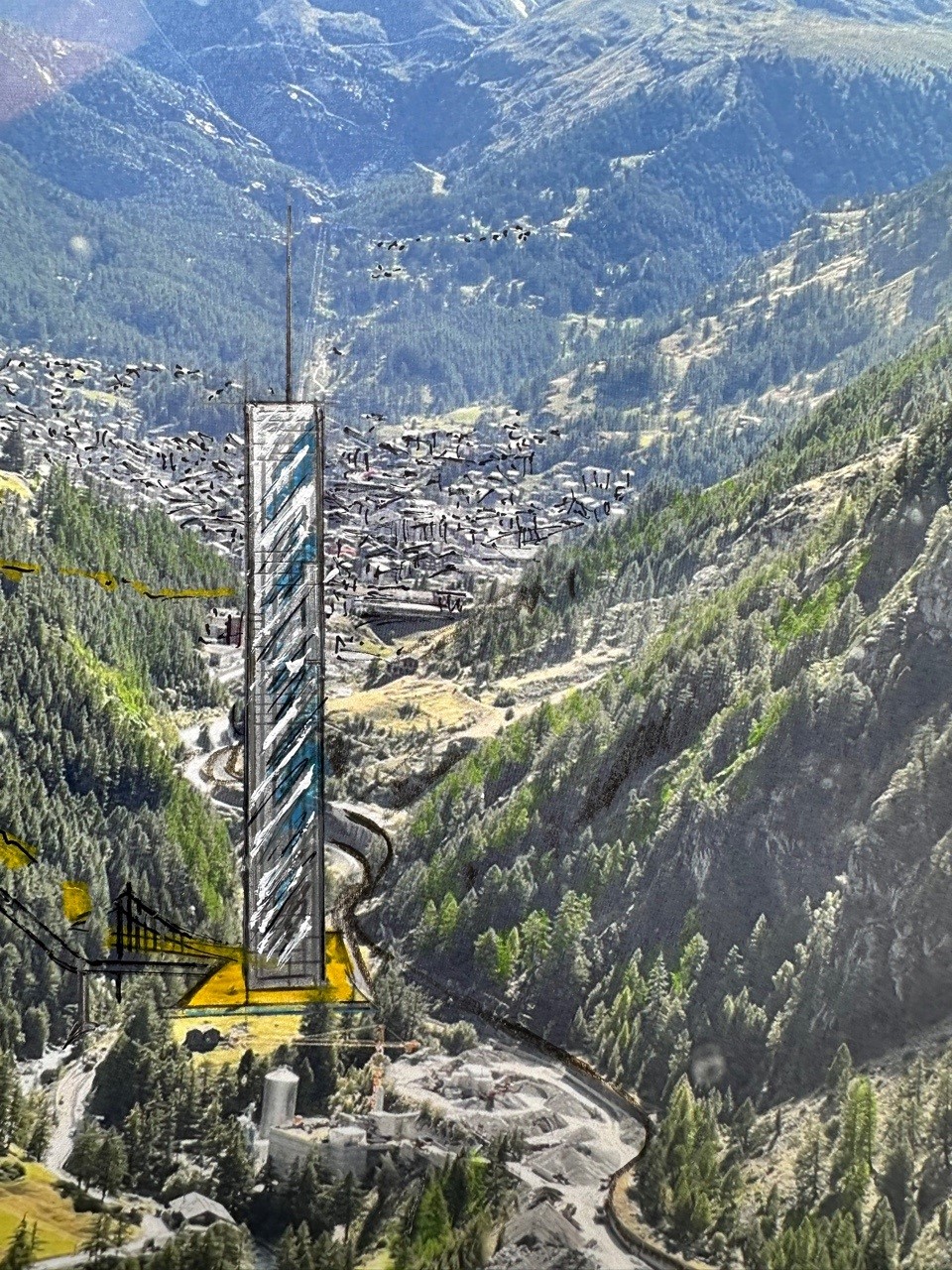
Politicians fired up by smoking restrictions

Parliament has given mixed signals to campaigners hoping for tighter legislation on passive smoking in the workplace, restaurants and bars.
Moves are underway to try and force a nationwide vote on a proposal aimed at protecting non-smokers from the damaging effects of tobacco pollution.
The House of Representatives on Wednesday rejected a plan by the Senate to restrict smoking in restaurants. However, it came out in favour of granting the country’s 26 cantonal authorities the right to impose tougher rules than on a federal level.
The Lung League accused politicians of ignoring the health hazards of passive smoking against the will of the people and the cantons.
“Only a federal law can protect the population sufficiently from the damaging impact of passive smoking,” said the league’s Corinne Zosso.
The organisation is considering moves to launch a people’s initiative on the issue at a meeting next week.
“We hope the House of Representatives will also be influenced by tougher legislation in cantons,” she told swissinfo.
Several regions have already introduced a smoking ban in public buildings and restaurants over the past few years. More cantons are expected to follow suit but regulations might be less strict.
Parliament for its part is scheduled to continue discussions in one of its next sessions.
Commercial interest
Wednesday’s emotional debate in the house pitted members of the centre-right and the rightwing against speakers from the centre-left Social Democratic Party.
Opponents of a ban argued that small restaurants in rural areas would have to close down and they warned against selfish attitudes of militant non-smokers.
They said it would be sufficient to have special rooms for smokers in restaurant wherever possible.
However, supporters of an all-out smoking ban criticised them of giving in to pressure from the restaurant and tobacco industries.
The centre-left also highlighted the health hazards of smoke and of majority votes in cantonal ballots on the issue over the past few months.
Outmoded custom
Interior Minister Pascal Couchepin, who is in charge of health matters, called for a tightening of the legislation.
He said it most people no longer found smoking romantic, and was wrong to defend an old custom simply in an effort to protect the interests of an economic sector.
The House voted to continue to allow smoking in restaurants, but establishments would have to apply for permission if they found it impossible to separate smokers and non-smokers.
The Senate had opted for a draft proposing strict rules for restaurants and bars which allow smoking, including special fumoirs.
swissinfo, Urs Geiser
According to a government report, around 400 people in Switzerland die every year from the effects of second-hand smoke.
This costs the economy about SFr500 million a year ($426 million).
Around 29% of the Swiss population smoke, according to 2007 figures.
The southern Italian-speaking Ticino region – bordering Italy – became the first to introduce a smoking ban in public places in April, following a vote in 2006.
Other Swiss cantons have followed or are preparing proposals for a similar step.
Smoking has been forbidden on the entire Swiss public transport network since December 2005.
The Irish Republic was the first European Union country in 2004 to introduce a smoking ban at the workplace, including restaurants and pubs.
At least 18 other European countries, including France, Italy and Britain, have imposed similar bans. Some allow for the setting up of well-ventilated rooms, so-called fumoirs, for smokers.
Under US law individual states and local authorities can decide on smoking bans. More than half of the states have a strict non-smoking policy for restaurants and/or bars.
Canada introduced a federal law aimed at protecting non-smokers at the workplace in 1986. It allows for the installation of fumoirs.

In compliance with the JTI standards
More: SWI swissinfo.ch certified by the Journalism Trust Initiative































You can find an overview of ongoing debates with our journalists here . Please join us!
If you want to start a conversation about a topic raised in this article or want to report factual errors, email us at english@swissinfo.ch.